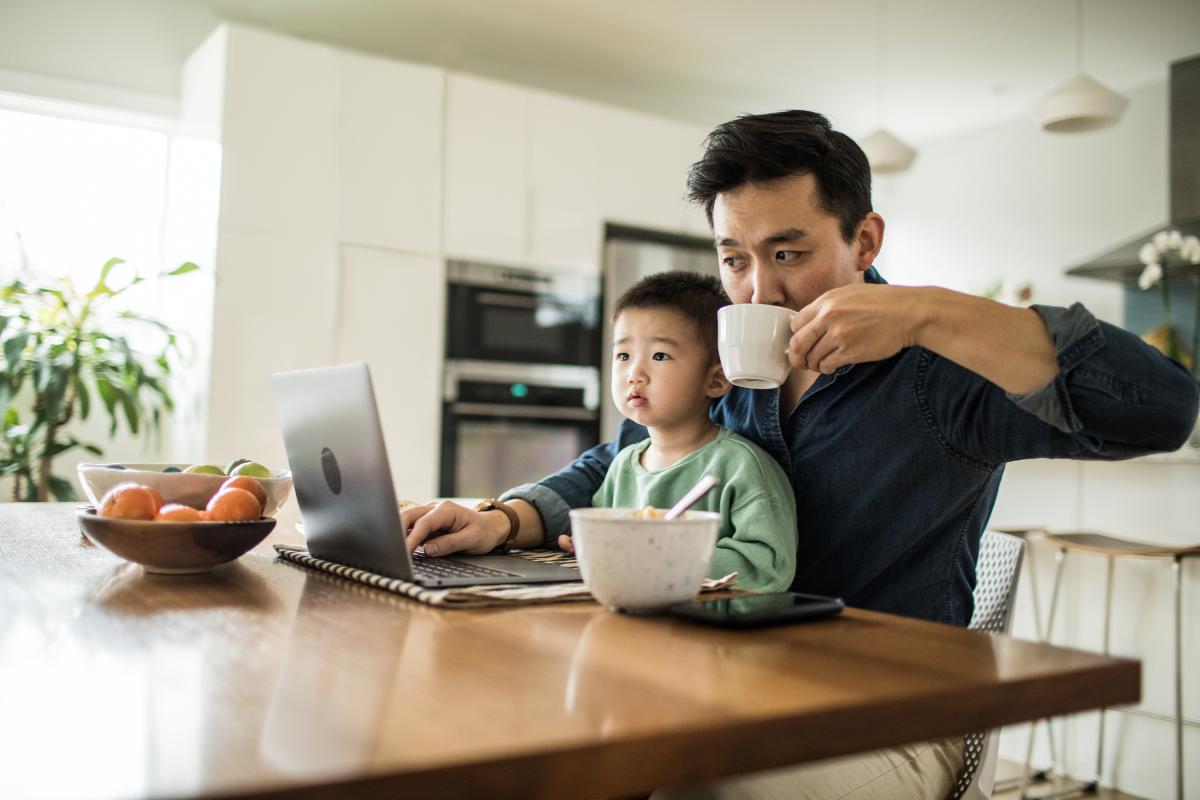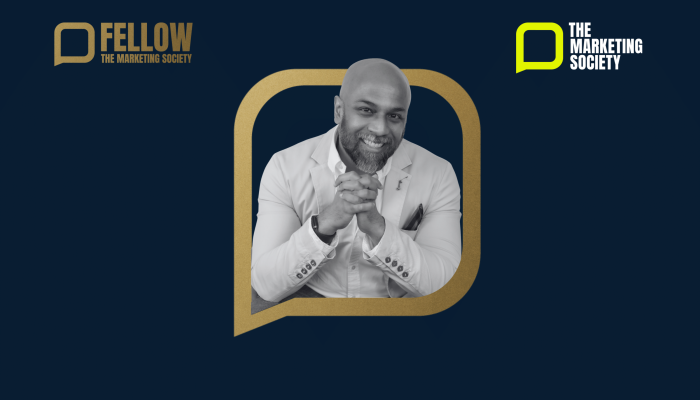COVID-19 is the biggest global event—and challenge—of our lifetimes. As such, it is changing human attitudes and behaviors today and forcing organizations to respond. However, the need to respond won’t end when the virus’s immediate threat eventually recedes.
Imagine it's September. Things are back to normal. We can meet face to face. Travel is possible. Toilet paper is easy to buy. But things have changed. COVID-19 has forever changed the experience of being a customer, employee, citizen, human. Expect to see behavior change at scale for some time to come.
What will have changed in the way we think? How will that affect the way we design, communicate, build and run the experiences that people need and want? The answers to these questions will lie in the way people react and how individuals, families and social groups—all sources of creative innovation—hack new ways to live.
New behaviors trending now
An essential first step is to understand the likely implications of COVID-19 on human experience then start to respond, today. We see five major human implications to expect from people’s behavior now and next which are likely to shape a New Human Experience.
The cost of confidence
An explicit message of COVID-19 is that other people/places can carry an invisible threat. Deciding on what to do—especially in relation to large decisions, such as holidays and where to live or work—is becoming a more anxious process. Many purchases are being postponed. All of this will make risk less tolerable and the familiar more valuable.
The erosion of confidence will make trust way more important than ever before. This will necessitate a “trust multiplier”—action that, to be effective, rebuilds trust quickly and credibly. Focus will be on confidence-building through every channel. Justifiable optimism will sell well. All of this may change the nature of what we regard as premium products and services.
The virtual century
The enforced shift during the worst of the pandemic to virtual working, consuming and socializing will fuel a massive and further shift to virtual activity for anything. It will affect ways of communicating across learning, working, transacting and consuming. This will impact everyone.
Adoption of digital by those yet to do so will be accelerated and a reduction of the obstacles to going virtual for any sort of experience will be required. Winners will be those who test and explore all of the associated creative possibilities. Anything that can be done virtually will be.
Every business is a health business
People are concluding that they cannot rely on existing health structures but, nonetheless, want all the help they can get, in every aspect of their lives. Health experiences will be in demand and, vice versa, health should be considered in every experience.
The concerns about health amplified during the crisis will not ebb after it is over. Rather, health will dominate. A health economy will emerge with opportunities for all to plug into. Every business will need to understand how it can be part of a new health ecosystem that will dominate citizen thinking.
Cocooning
Everyone being told to self-isolate means a return en masse to home as the epicenter of life and experience. At the height of the crisis, many—workers, especially—are spending more time at home. After, this pattern will endure with meaningfulness and comfort carrying a price premium.
There will be a rise in home spending—on the home and made at home as people will stay more local. Desire for cocooning, along with opportunities for those with creative strategies to enable it, will move center-stage. Winners will be those who zero their sights on the home.
The reinvention of authority
Dependence on experts and strong government recommendation—plus executive powers to start resolving the pandemic backed by citizen compliance—lends real weight to central authority, which in many markets has been eroded recently in popular culture. If governments get their handling of the crisis broadly right, expect top-down control to be back in fashion; if not, the reverse.
A reinvention of authority is likely after the effect of travel limitations, self-isolation and lockdown officially mandated by many governments. Greater acceptance for the role of government and companies in society, and the importance of collective behavior, may occur.
Accenture are a partner of The Marketing Society. Please click here for the full report.







